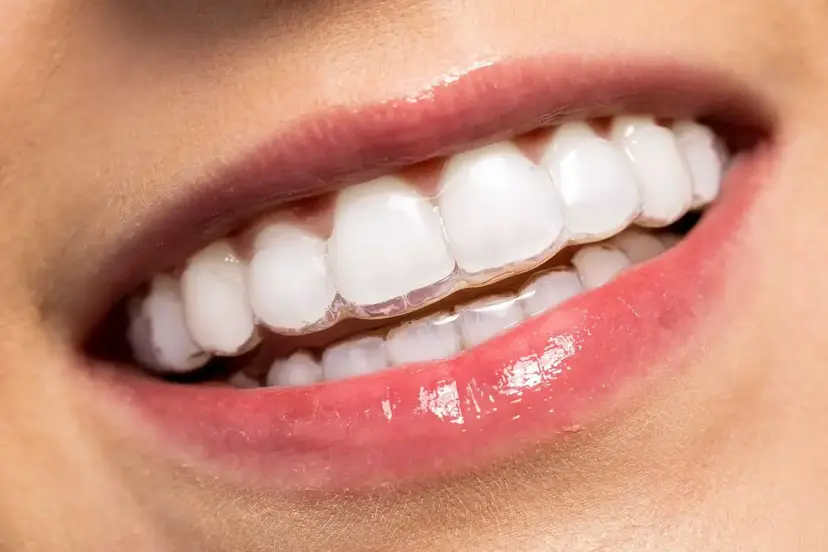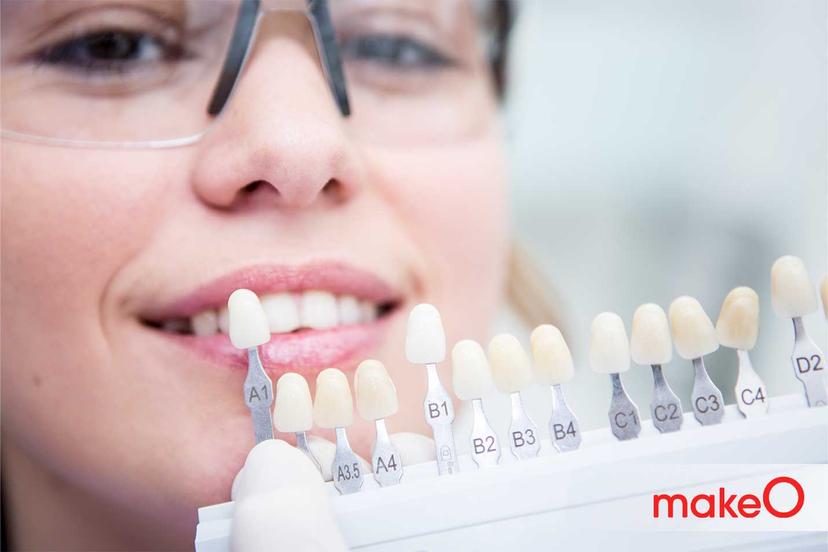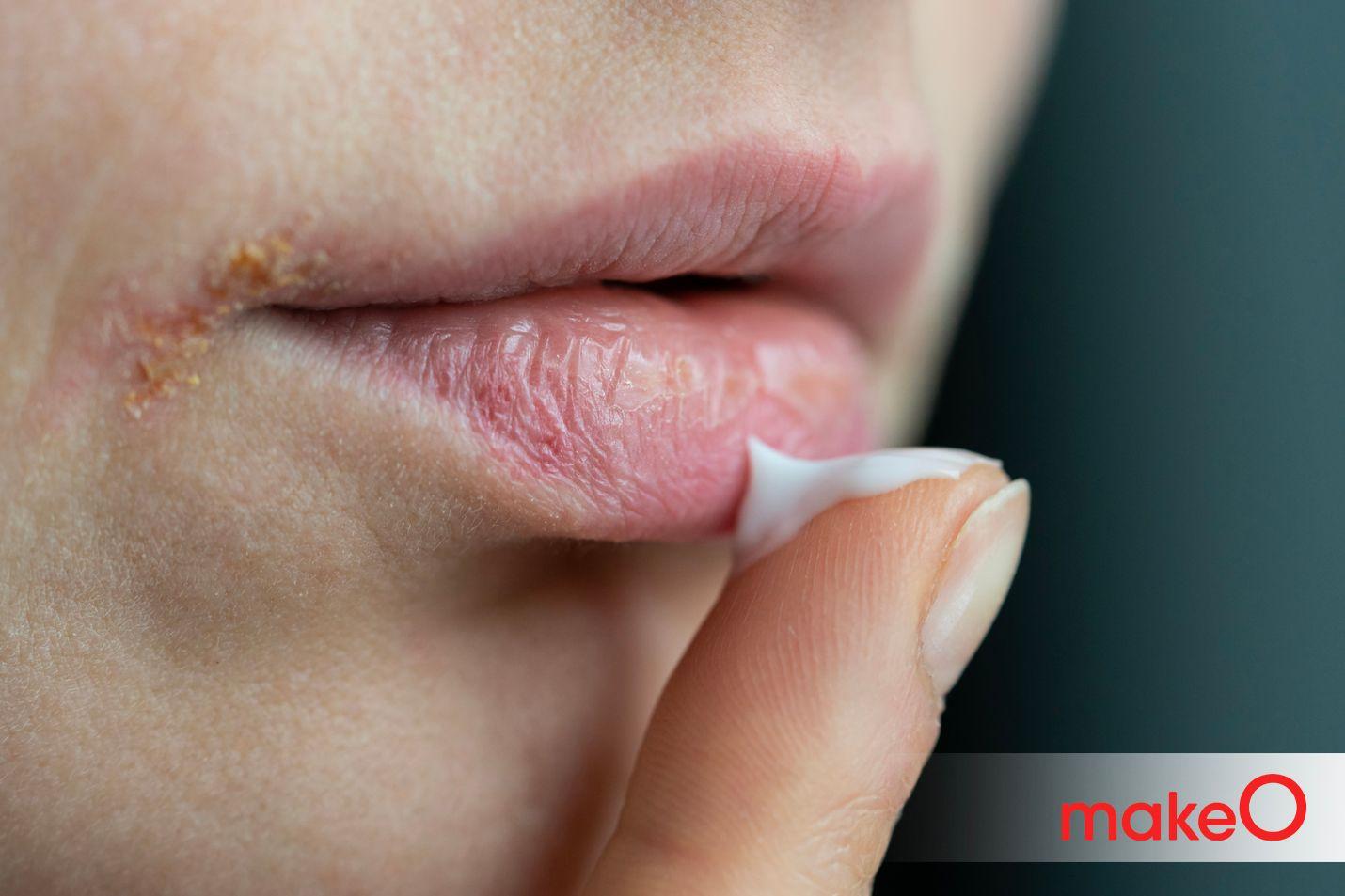MakeO blog
A dry mouth, also known as xerostomia, is a condition that occurs when your salivary glands don't produce enough saliva to keep your mouth moist. If you have experienced dry mouth, you would know that it can be uncomfortable and even painful, leading to difficulty in speaking, eating, and swallowing. It is believed that a dry mouth can also result in dental diseases like tooth decay and gum disease.
In this blog, let’s explore the causes, symptoms, and treatments of dry mouth, as well as the impact it can have on your oral health.
What is Dry Mouth?
Saliva is important for maintaining good oral health, as it helps to wash away food particles and neutralise acids produced by bacteria in the mouth. When there is not enough saliva, it can lead to a range of symptoms and complications. Lack of enough saliva in the mouth is termed a “Dry Mouth” or “Xerostomia”. If not treated, it can lead to several other serious dental issues like tooth decay or gum diseases.
Causes of Dry Mouth
1. Consumption of certain medications
Many medications like antidepressants, antihistamines, anti-anxiety medications, decongestants, and pain relievers, can cause dry mouth as a side effect.
2. Ageing
Our salivary glands produce less saliva as we age, causing a dry mouth.
3. Certain medical treatments
Certain treatments like Chemotherapy or Radiation therapy to the head and neck can damage salivary glands and cause dry mouth.
4. Certain medical conditions
A dry mouth can be a symptom of certain medical conditions, such as Sjögren's syndrome, diabetes, and Parkinson's disease.
5. Dehydration
When you don't drink enough fluids, your body becomes dehydrated, which can lead to a dry mouth.
6. Smoking and alcohol use
Lifestyle choices like excessive smoking and alcohol use can irritate the salivary glands and make them less effective at producing saliva.
7. Snoring and mouth breathing
If you snore or breathe through your mouth at night, you may be more likely to experience dry mouth.
8. Stress
Stress can also contribute to dry mouth.
Symptoms of Dry Mouth
Some of the common symptoms of a dry mouth include:
- Sticky, dry feeling in the mouth
- Frequent thirst
- Sore tongue, mouth sores, or pain
- Taste disorders
- Difficulty in speaking or tasting, chewing, and swallowing
- Hoarseness, dry nasal passages, sore throat
- Bad breath
Dry Mouth Treatment: Home Remedies
1. Drink plenty of fluids
Staying hydrated is essential to relieve dry mouth. Make sure to drink at least seven to eight glasses of water every day.
2. Use sugar-free gum or lozenges
Chewing gum or sucking on lozenges can help to stimulate saliva production. Choose sugar-free options to avoid further drying out your mouth.
3. Use a humidifier
A humidifier restores the moisture in the air, hence, relieving problems like dry mouth.
4. Avoid tobacco use
Tobacco use can irritate the salivary glands and make dry mouth worse. Quitting smoking is the best decision you can make to not only prevent dry mouth but also avoid a lot of severe health issues.
5. Avoid alcohol and caffeine
Alcohol and caffeine can both dehydrate the body, which can contribute to dry mouth.
6. Eat a healthy diet
Eating a healthy diet can help to improve overall health and well-being, and it can also help to relieve dry mouth. Try to include as many fruits, vegetables, and whole grains in your diet as possible.
7. See a doctor
If you have a severe dry mouth that is not relieved by home remedies, see a doctor. There may be an underlying medical condition that is causing your dry mouth.
Pro-tip: Avoid mouthwashes that contain alcohol.
Dry Mouth and Dental Health
A dry mouth can have negative effects on one’s overall dental health. Saliva plays an important role in maintaining oral health by neutralising acids produced by bacteria, washing away food particles, and providing minerals to strengthen tooth enamel. When there is a lack of saliva due to a dry mouth, these protective functions are compromised, leading to an increased risk of tooth decay, gum disease and oral infections. Additionally, dry mouth can cause bad breath and difficulty swallowing. Therefore, it is crucial to address dry mouth promptly to prevent further damage to dental health.
Final Takeaway
A dry mouth can be a challenging condition to manage, but it is a diagnosable and curable oral problem. Understanding the causes of dry mouth and implementing simple lifestyle changes, such as staying hydrated and practising good oral hygiene can reduce the risk of dental problems. If the above-mentioned home remedies fail to provide relief, you must visit a dentist for further guidance. With proper care and attention, you can maintain good dental health and improve your overall quality of life. To know more about oral health & how to maintain it, visit makeO toothsi today!
FAQs
How long do the symptoms of dry mouth last?
The duration of dry mouth symptoms can vary depending on the underlying cause and the effectiveness of treatment.
Is dry mouth curable?
Yes. There are several ways to treat a dry mouth. You can turn to home remedies, consult a dentist or take over-the-counter medications for the same.
Are medicines effective in curing a dry mouth?
Over-the-counter medications can be effective in treating dry mouth by stimulating saliva production, but they may not cure the underlying cause of the condition. To treat the problem permanently, it is essential to know the root cause of a dry mouth.
Can allergies cause dry mouth?
Yes, allergies can directly or indirectly result in a dry mouth.
Does dry mouth cause throat problems?
Symptoms of dry mouth include sore throat, difficulty swallowing and an increased risk of throat infections.
related categories
Related articles

Types of Braces: Removable vs Fixed Braces, Which is Right For You?

This Diwali, Smile Bright With makeO Teeth Whitening Kit

Dr. Pravin Shetty: Pioneer in Lingual Orthodontics & Innovative Smile Solutions
How do I Know I’m the Right Candidate for makeO toothsi Teeth Aligners?

